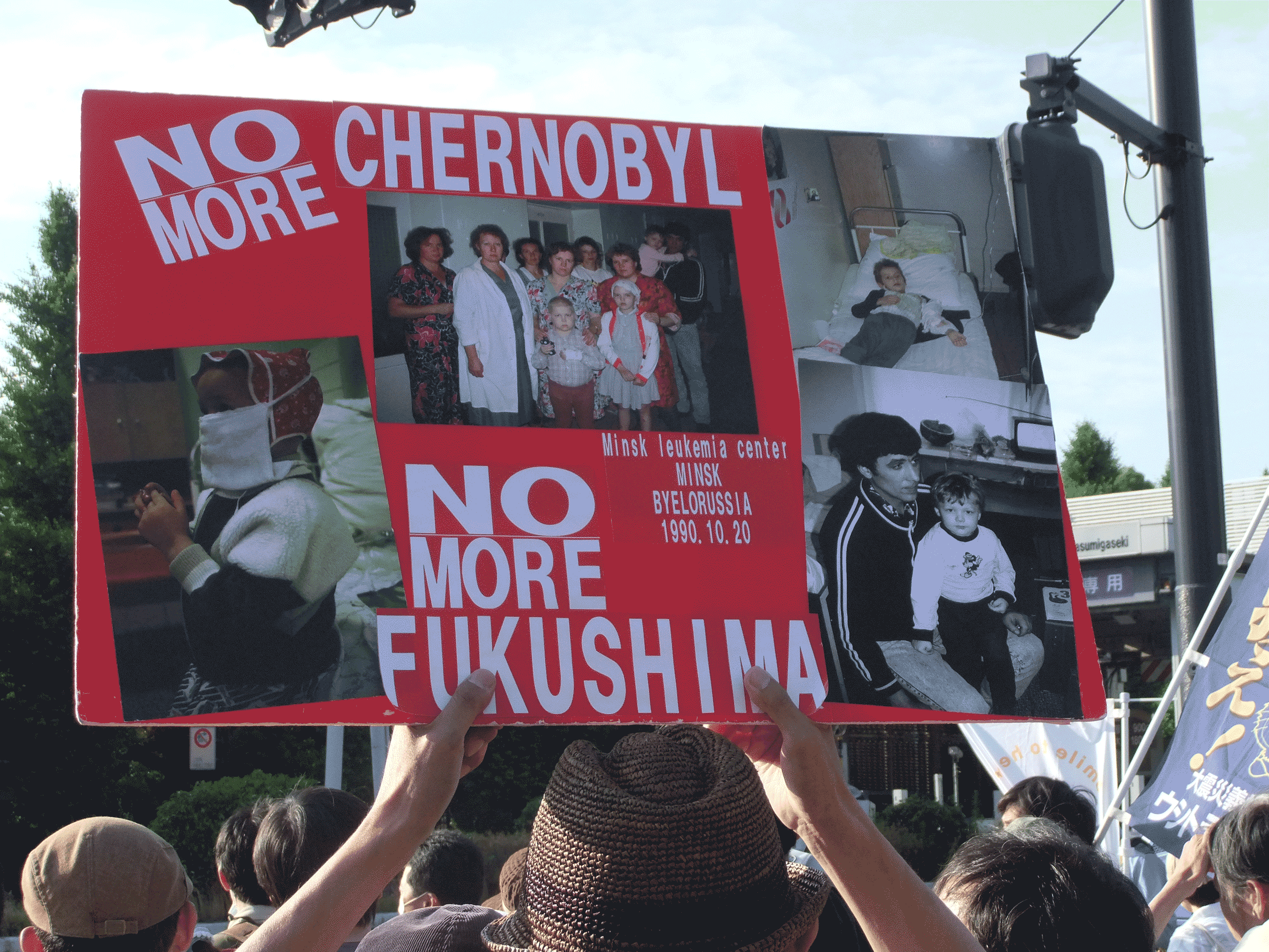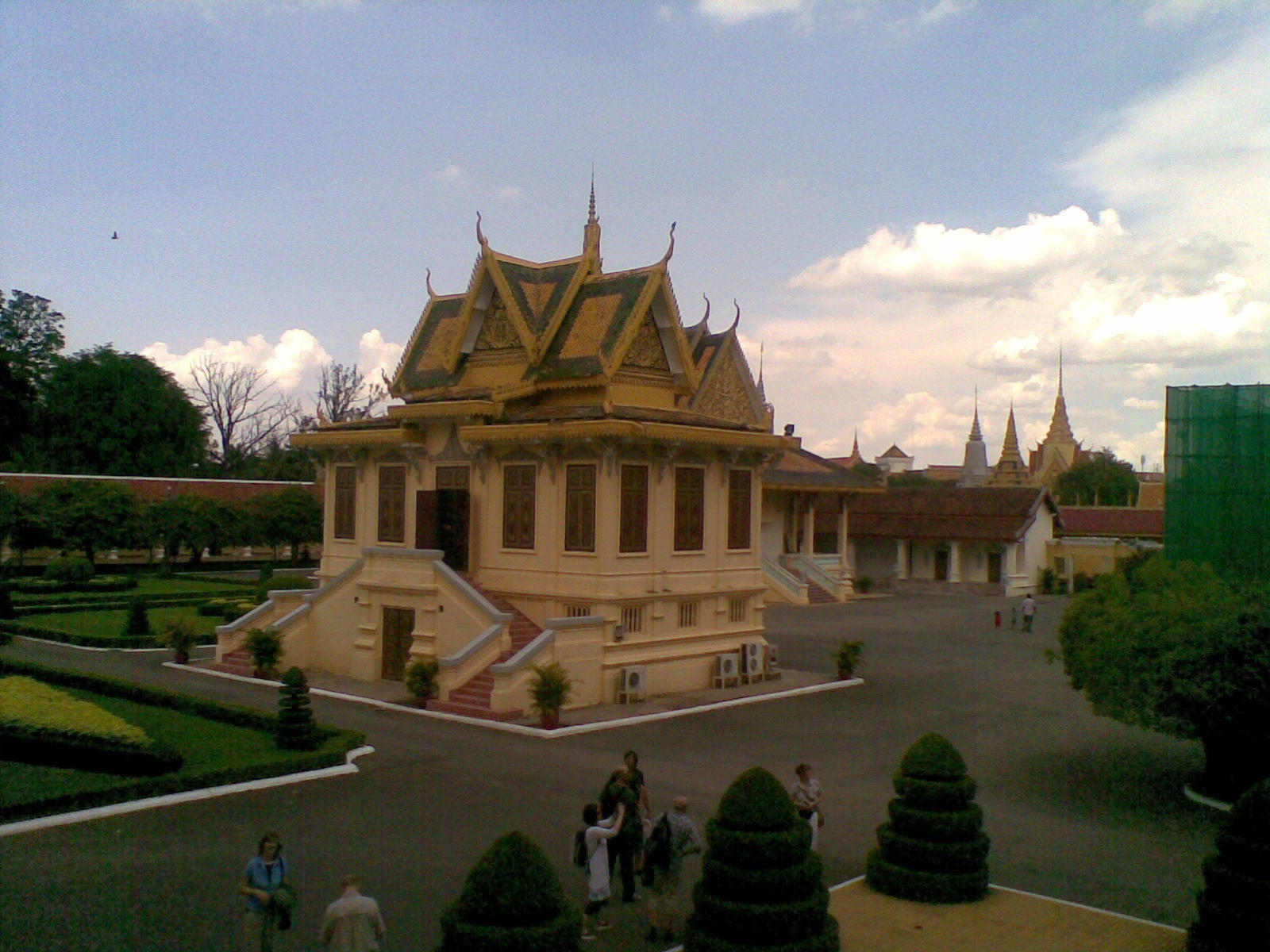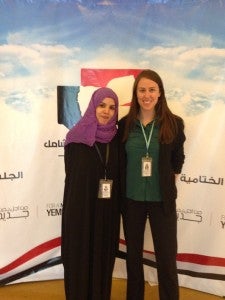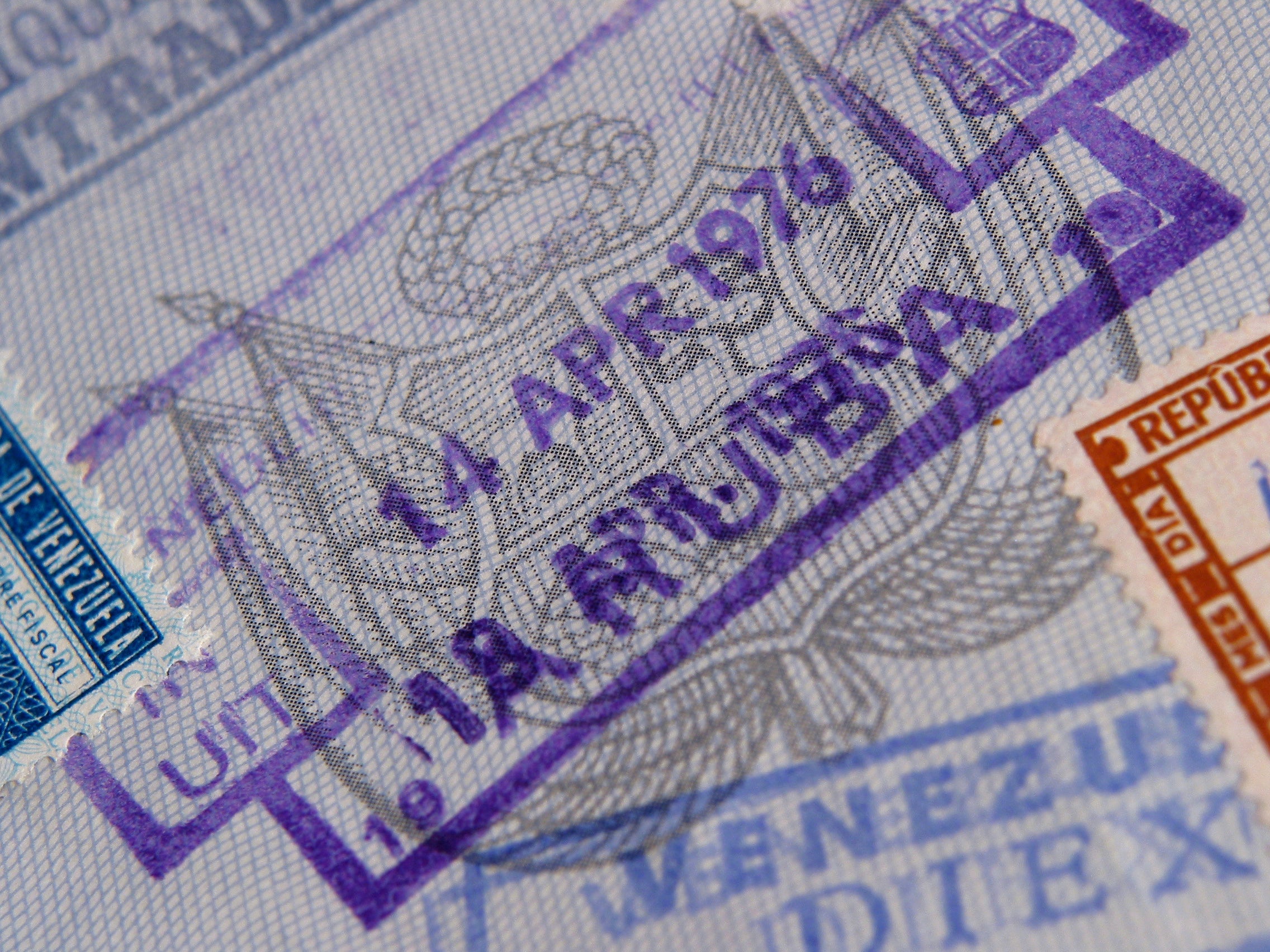Ten Harvard Law School students will travel internationally in January to pursue law-related projects with the support of the Cravath International Fellowships, which provide funding to a select number of HLS students each year for academic work with an international, transnational, or comparative law focus. In addition, another 23 HLS students worked in 18 nations last summer under the auspices of the Chayes International Public Service Fellowship program.
The Cravath International Fellowships were created in 2007 by a group of partners and HLS alums at Cravath, Swaine & Moore, led by Sam Butler ’54 and the late Robert Joffe ’67.
An international public service program founded in memory of former HLS Professor Abram Chayes ’49, the Chayes Fellowships allow HLS students to spend eight weeks working with governments of developing nations and those making difficult transitions to peace, stability, and democracy, and with inter-governmental and non-governmental organizations that support them.
This year’s Cravath International Fellows will travel to eight countries over winter term to do clinical work or independent research and writing. Their projects will range from examining the law and ethics of autonomous military robots to making a documentary about community management of water laws in India.
- Raoul Angelo Atadero will conduct legal research and writing and client interviews for the Human Rights Awareness and Promotion Forum in Kampala, Uganda.
- Lara Berlin will travel to New Delhi to conduct research on power-sharing and federalism as a form of conflict resolution in Northern India.
- Tess Borden will work on transitional justice issues for the American Bar Association Rule of Law Initiative in Mali.
- Madison Condon will make a documentary about community management of water laws in Mewat, India for her independent clinical with the Institute of Rural Research and Development.
- Hannah Dixie will draft a report for the Equal Education Law Centre on the topic of access to education by refugee children in South Africa.
- Margaret Holden will research the impact of India’s renewable energy laws and policies on job creation.
- Rebecca Matte will conduct an independent clinical for Arts Law Centre of Australia, developing case studies for its “Artists in the Black” program.
- Christopher Van Buren will examine investor-state arbitration in Turkey.
- Jessica Vosgerchian will travel to Geneva, Switzerland to undertake an analysis of the discord at the Annual Assembly of the World Intellectual Property Organization.
- Gabriel Weiner will spend winter term in Israel examining the law and ethics of autonomous military robots.
This past summer, 23 Chayes International Public Service Fellows worked in 18 different countries. Here are some snapshots of their experiences:
Carter Hall ’15
Tokyo Surugadai Law Offices, Japan

Hall spent the summer as the first non-Japanese intern to work for Tokyo Surugadai, a private public interest law firm. He worked on projects to assist people affected by the March 2011 tsunami and Fukushima Daiichi nuclear power plant melt-down. As part of an effort to extend the statute of limitations for victims to file compensation claims, Hall examined statutes governing nuclear power plants from around the world. He traveled to disaster zones and assisted lawyers providing legal consultations to those in need. Following the summer, he reflected: “Perhaps the most valuable lesson from my summer was learning how a lawyer’s craft can extend beyond conventional courtroom appearances and legal research and writing … listening to my supervisor reassure an elderly widow and tsunami survivor worried about the status of her will reminded me of the practical importance of the work lawyers do.”
Iram Huq ’15
Extraordinary Chambers in the Courts of Cambodia

As an intern with the ECCC, the hybrid United Nations–Cambodian tribunal for the Khmer Rouge regime, Huq collected evidence related to the country’s armed conflicts with Vietnam and Thailand of the 1970’s. Her goal was to develop a record of evidence that could be used to prove that senior Khmer Rouge leaders had committed war crimes. She also conducted research and wrote legal memos on several issues of international and Cambodian law such as rules related to charging suspects in absentia and the status of national crimes under the charter of the Tribunal. In an e-mail during the summer, Huq wrote: “This country is beautiful, resurgent, and proud. The very fact that it has the tenacity to pursue a long and expensive prosecution of its former leaders is evidence of how pragmatic and hopeful its citizens are.”
Jodie Liu ’15
Open Society Justice Initiative, Hungary
Liu devoted her summer to projects on freedom of expression and criminal justice reform — and conducted research in five languages. She was involved in researching and drafting the amici briefs for two cases. The first, Virginia da Cunha c/ Google and Yahoo! Argentina, a case before the Supreme Court of Argentina, focused on the liability of search engines for third party-generated defamatory content that appeared in search results. The second case, Girleanu v. Romania, a case before the European Court of Human Rights, dealt with the liability of journalists for merely possessing information that might implicate national security concerns. Her work on the briefs reinforced her desire to continue her legal research and writing and eventually to be involved in public interest impact litigation.
Sasha Pippenger ’15

United Nations Office of the Special Adviser to the Secretary-General on Yemen
Despite the challenges of her summer job, Pippenger said that she could not imagine having had a more perfect professional development opportunity. She worked with the temporary political mission mandated by the United Nations Security Council in response to Yemen’s crisis and was involved in the National Dialogue Conference, an intensive negotiation focused on the state and constitution-making process. As a member of the UN team, she analyzed daily developments in order to identify and address obstacles. Given her legal training, Pippenger spent much of her time working on constitutional questions with international experts, and on matters related to Yemen’s judiciary and the legal dimensions of the country’s political transition.
Sarah Weiner ’15
European Bank for Reconstruction and Development, United Kingdom
At one point during the summer, Weiner wrote “This past week, I have spoken with people from 20 different countries – a feat I have never come close to accomplishing on a former job!” The project that required such extensive outreach was a regional assessment of public procurement laws that involved communicating with regulators from all countries of EBRD operation. In addition to collecting data, she was asked to draft an article about the region’s progress toward reform for publication in the EBRD journal “Law in Transition.” After the summer, she noted that she was surprised at how interesting she had found procurement to be, but realized that it allowed her examine interactions between governments and the private sector and reinforced her desire to return to a multilateral development bank later in her career.
